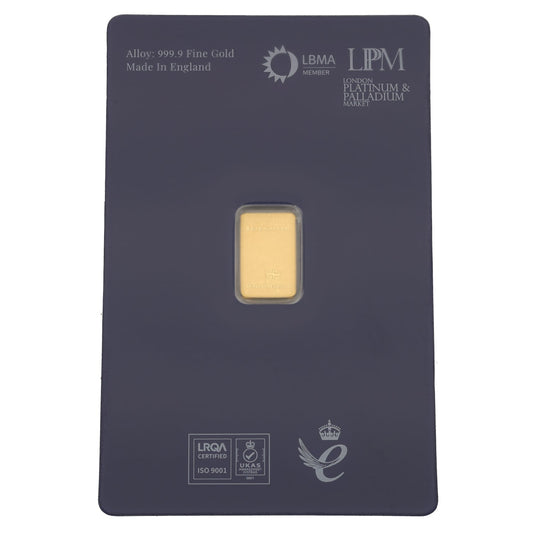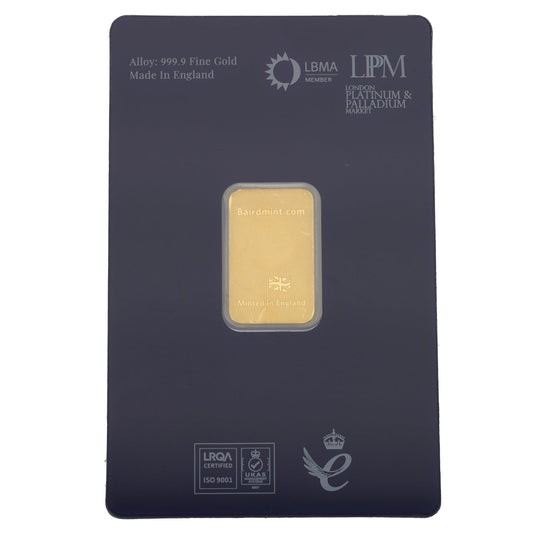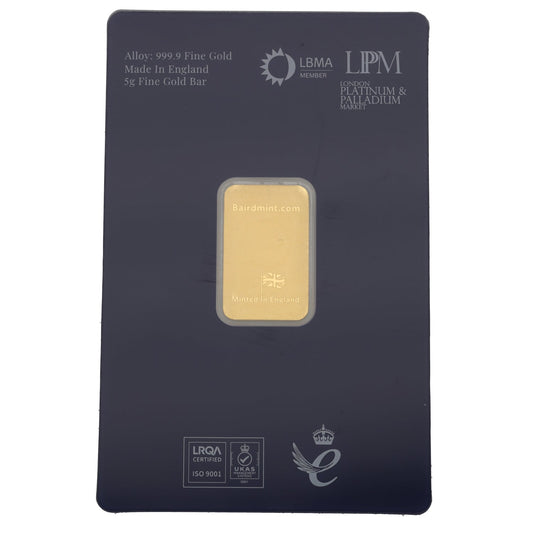Go to a reputable retailer
The first thing to consider is where you intend to shop for your second hand smartphone. Always make sure that you’re getting your phone from a trusted source, otherwise it’s impossible to know whether it works properly or if it is a product of theft. Many prefer to buy refurbished phones in-store rather than online, so that they can view the handset and test it out before any money changes hands.
Always check out reviews from other customers before making any decisions. This can help you to identify and avoid recurring issues. Does the seller appear professional, knowledgeable about what they’re selling, and is the price accurate? These are all important initial observations that can help you avoid being ripped off.
Check that the phone has been tested

The seller should have tested the phone thoroughly before putting it up for sale, and you are well within your rights if you’d like them to demonstrate any feature for you. These are the standard tests and checks which should have been carried out on any refurbished or second hand mobile phone:
- Does it charge properly and does the battery drain at a normal rate for that model?
- Do all the buttons work?
- Do the cameras work?
- Is the audio quality good (with and without headphones)?
- Is the touchscreen responsive?
- Does the phone connect properly to WiFi and mobile data?
- Has the previous owner’s data been completely wiped from the handset?
If the seller can confidently answer ‘yes’ to these questions, then you should be on track to get a great quality smartphone which should stand the test of time.
Check the warranty period
To protect your purchase, it’s important to check the warranty details before you buy. Most reputable refurbished phone sellers will give you a guarantee, which means that you can return the handset for repair, replacement or refund should it develop a fault within the specified timeframe. Different sellers may offer different guarantee periods; some will offer a year’s warranty, whereas others may only offer three months, for example.
Locked or unlocked?

Sellers of second hand smartphones are likely to have a wide range of handsets in stock, from the very recent to the slightly older models. Once you’ve decided on the best place to purchase a phone, it can be easy to get caught up in all this choice without considering one important thing – if you want to keep your number and use the same SIM card, then you’ll need a phone which is locked to your current network, or is completely factory unlocked.
If you purchase a phone which is locked to Vodafone, for example, and you have an O2 SIM card, then it will not work properly. Check this with the seller before looking at any handset in more detail.
Time it right
If you’re looking for a really decent smartphone (perhaps a newer model) and you want to get it for the best possible price, the timing of your purchase can make a huge difference. If you are able to wait, then it’s always best to shop for a second hand phone just after a new model has been launched. As people flock to buy the newest phone, second hand phone sellers will be inundated with unwanted handsets. Often, those who buy the newest models don’t tend to keep their phones for very long, so you’re more likely to get a lightly used, up-to-date handset using this method.
It’s also favourable to shop for second hand smartphones during January, as many people will have received a new phone for Christmas and will be selling on their ‘old’ one. As Black Friday sales become more popular in the UK, it may also be worth checking at the end of November to see what’s available as people take advantage of the bargains.
Double check your insurance cover
If you’re buying a second hand phone for the first time, it’s important to check with your current phone insurer to see if they will cover second-hand or refurbished handsets. Some insurers will and some won’t, so if you prefer to have some protection for your phone, you’ll need to check with your provider. Your mobile phone may not require separate insurance if it’s covered by your home insurance, or alternatively you may not feel that you need insurance at all. If you’re able to put a small amount away each month into a ‘phone fund’, then you can essentially self-insure, which may represent a better deal depending on how often you require a new handset (and how disciplined you are with your savings!).






























